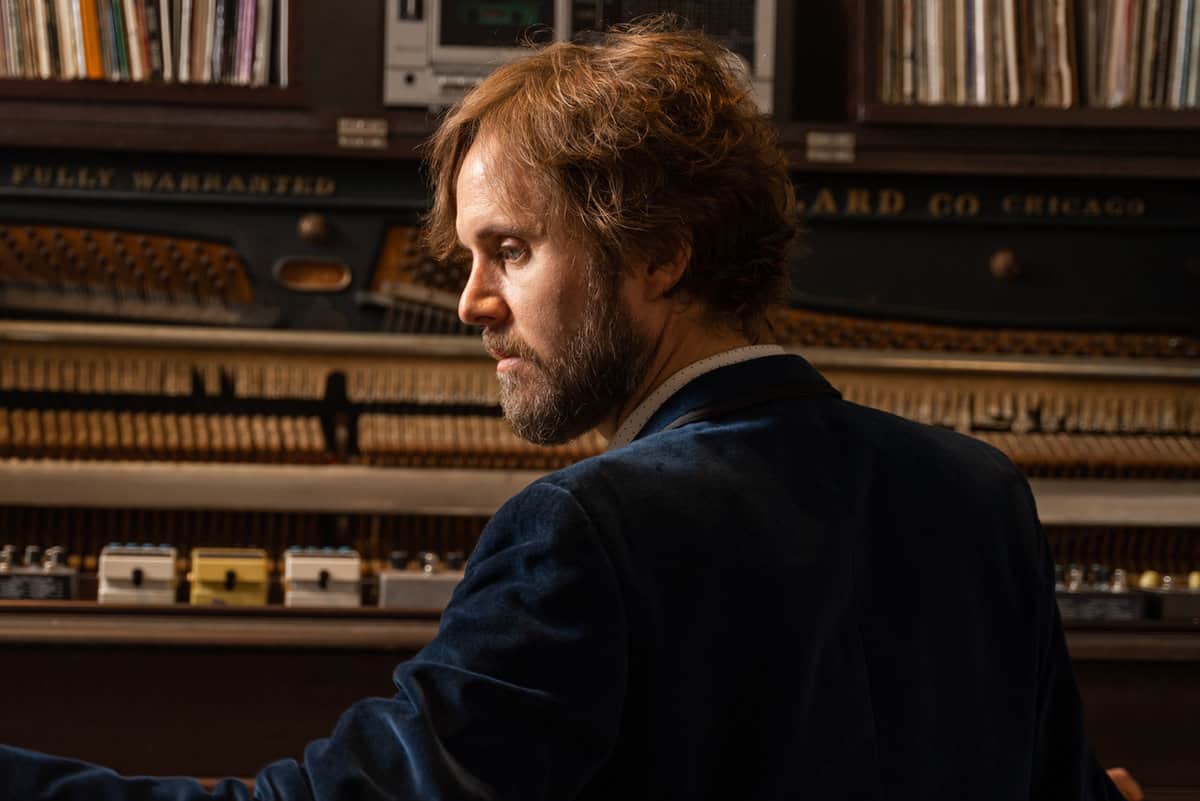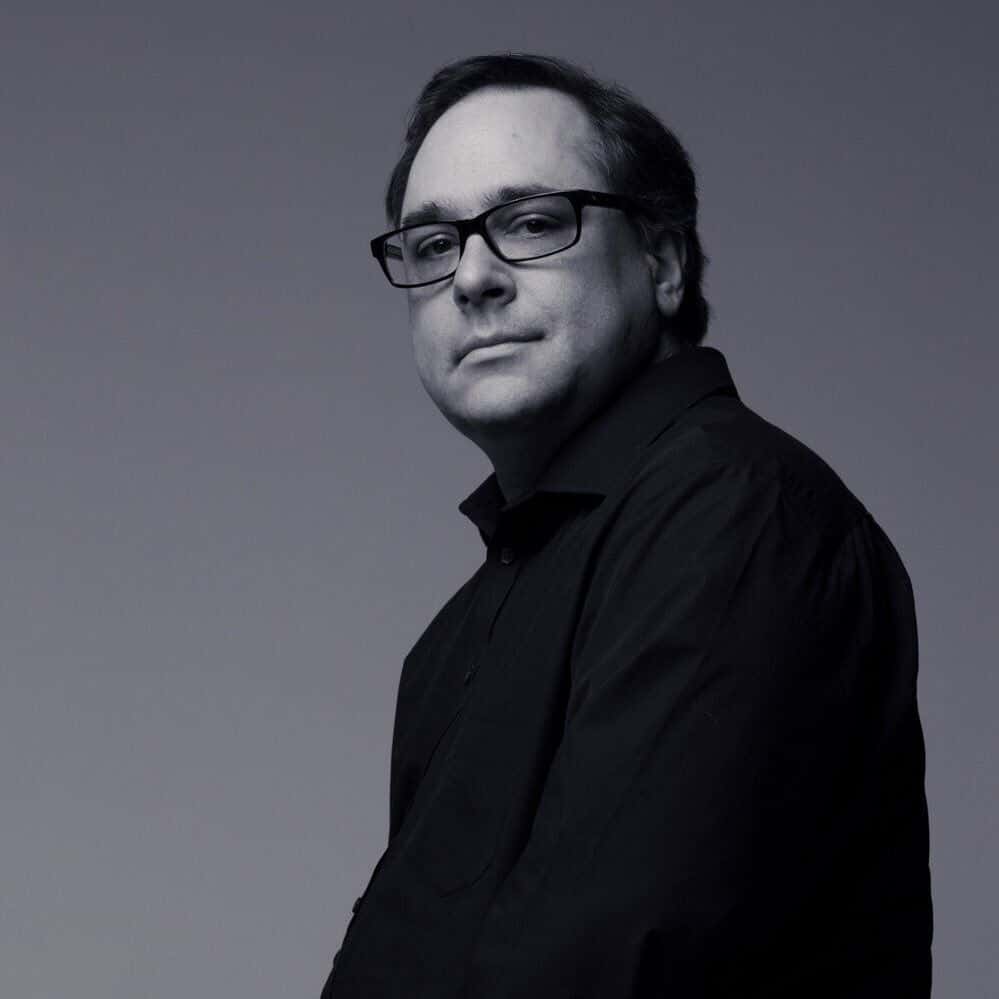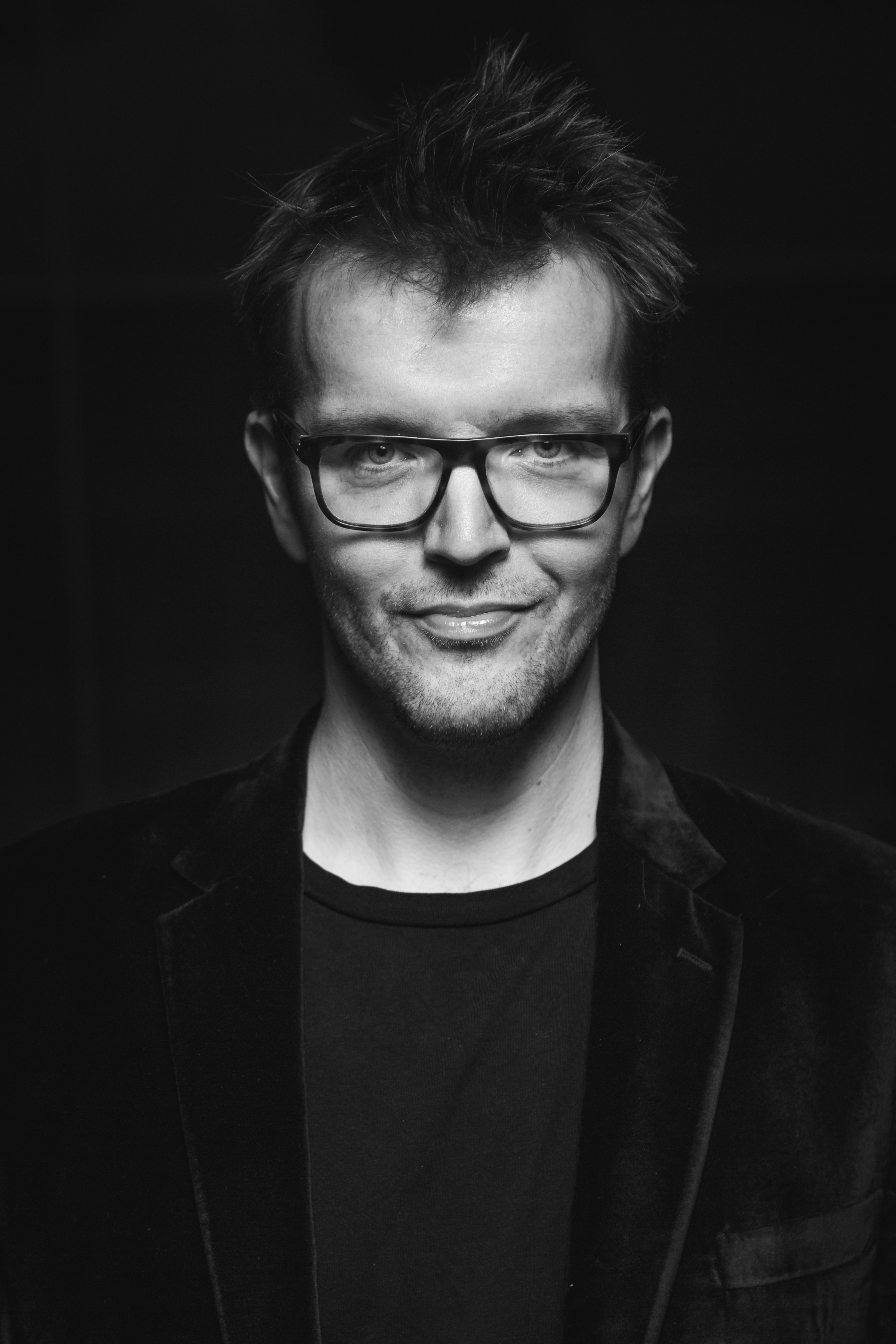
Fresh off of their 2019 release Egoismo and their recent overwhelming and oppressive score for Hagazussa, Greek drone/ritual ambient band MMMD (pronounced Mohammad and stylized MMMΔ) agreed to answer a few of my questions. Among other things, we discuss their approach to scoring, the concepts that underlie their music, and Hagazussa. Read below and be sure to listen to their newest releases and give Hagazussa a watch!
MMMD’s Approach and Background
The Film Scorer: In the notes to your first album, Roto Vildblomma, you mention composing music that follows the concepts of “inter-modulation” and “Â kullu wahad.” Can you explain what these concepts mean and how they apply to your music?
MMMD: At the very beginnings of MMMΔ (or Mohammad as we first named the project) there was a lot of experimentation in order to slowly approach a sonic starting point. Three different people each bringing different elements to the table so a way to combine those elements was needed. During those first experiments we realised that the random modulations that occurred between low and higher frequencies was something that we could build on perhaps even tame them somehow. From there on and since we were using instruments that lacked the precision of machines it all became quite chaotic. Applying this kind of phenomenon to structured music reminded us of the Greek expression “koulouvahata” which stems from the Arabic “kullu wahad” and loosely means “everything in one” or “everything together.” Perhaps it was an inside joke that we deliberately included in those first statements in order for it to come back and haunt us today…
TFS: How have these concepts evolved since your debut and do you still apply them today?
MMMD: The “kullu wahad” concept has slowly faded away as the project became more and more alive and the characteristics of the ΜΜΜΔ sound begun to surface. The intermodulation however is something that we still try to tackle. It is a fleeting phenomenon and it depends on many factors like space, sound amplification etc. It is more likely to produce it on a live situation than a recording although there have been occasions where modulations occurred in recorded material. The ideal situation would be to be able to apply intermodulation distortions during song structures and this is what we are trying to achieve on our last recordings.
TFS: – Your folk trio of releases – Zo Rèl Do, Lamnè Gastama, and Segondè Saleco – caught me by surprise, particularly because they’re a rather abstract take on folk music, and marked a temporary shift in your music. You describe them as exploring the geographical area of, effectively, the greater-Greece area. What statement were you looking to make with these releases and what did you discover about the geographic area during your exploration?
MMMD: The trilogy was just a “limitation” we set to ourselves to only mirror specific timbres of the according areas of each one of the records (each record refers to a specific culture / geographical area within the broader designated area). In other words, similar ideas have been explored both on the works prior to the trilogy and also in following records, but for the trilogy we just limited each record to a specific culture of the area, kind of a deconstruction statement, providing a new angle on those multimillennial/archaic sounds. Rather than a discovery per se, this was more of an affirmation of our natural attachment to these motives.
Discussing Hagazussa
TFS: Turning to Hagazussa, it’s a German-Austrian film. How did you come to work on it?
MMMD: Lukas Feigelfeld, the director of Hagazussa already knew about our music and asked us if we would like to make the soundtrack to which we replied yes as we found the script very exciting. This is was an excellent collaboration as we were on the same wavelength and everything went smoothly. As if the music preexisted and all we needed to do was to discover it.
TFS: Film scoring is often a singular process, with the composer simultaneously watching the film and creating the score. Given that you’re a duo, did composing the score for Hagazussa present any additional difficulties you don’t normally come across when composing an album?
MMMD: Not at all. Actually it was in some ways more interesting to work on the soundtrack than any other ΜΜΜΔ release since there was already an image to which we had to respond. This element alone often led us to uncharted territories or better yet outside our “comfort zone.” This is something that we rather celebrate than find it to be a difficulty. The duality also works really well for us, it is a lot more interesting to work as a team than a single unit. The whole “playing God” concept is turned down quite a few notches in a situation like this and we definitely welcome that.
What’s Next?
TFS: Although you just released your latest album Egosimo in September, you’re a very prolific group. Are there any other releases that we should start to be on the lookout for?
MMMD: When a release is out, we usually have 2-3 projects running parallel to that, some of them are the next in the release queue, and some other are sketches that religiously wait to be crafted and take their final shape before they enter the queue. We cannot disclose any info on those as of now.
TFS: Hagazussa was your first foray into film scoring. Do you have any plans to score more films in the future?
MMMD: Both members have been involved in soundtracks before although it is true that it was the first time that we made film music as MMMΔ. We would like to go on with this as it was a lot of fun! There is something in the horizon although it is too soon to tell…



